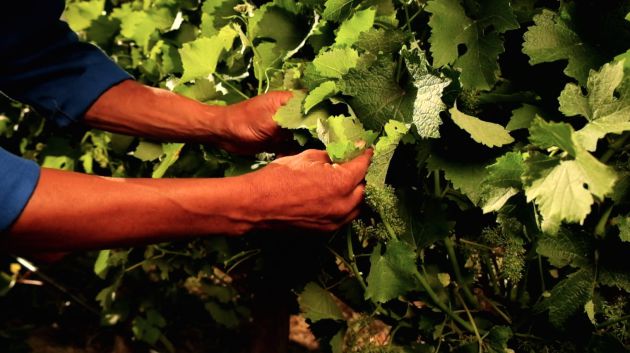
South African wine industry refutes use of illegal pesticides
The South African wine industry has refuted allegations made by “certain labour groups” that wine grape producers in the country are using illegal pesticides that are harmful to farm workers.
The claims were “unfounded”, said Wines of South Africa (WoSA) and Vinpro, which represents 2,500 South African wine producers, cellars and industry stakeholders, in a joint statement.
The statement follows the release of a recent Oxfam Germany article, as well as a rally by Women on Farms Project on the issue in Cape Town yesterday.
The article claimed that “of the pesticides used in South Africa, 67 are banned in the EU because they are too dangerous to humans and the environment”.
In addition, the article stated “another 121 are considered highly toxic by the International Pesticides Action Network. Often, workers become so ill that they can no longer work and thus lose their livelihood”.
WoSA and Vinpro said: The report mentions a total of 67 ‘illegal’ products, of which only 18 may be used, when necessary, on wine grapes in South Africa. The remaining 49 mentioned products are registered for use on other crops – not wine grapes.
“Every single one of the 18 products are registered by the Department of Agriculture and the Integrated Production of Wine Scheme (IPW) prohibits the use of any unregistered products, in accordance with South African legislation.
“All of the grapes used in the production of IPW certified wines must be 100% IPW certified and current figures show that 94% of all South African vineyards are IPW certified.”
The wine industry bodies have indicated that they are open to constructive dialogue on the matter with the relevant parties.
A statutory scheme administered by the Wine and Spirit Board (WSB), the principles of the IPW are based on legal environmental legislation, good agricultural practices related to grape production (farm component), good manufacturing practices related to wine production (winery component) and packaging activities (bottling activities).
Certification of compliance falls under the jurisdiction of the WSB, with a dedicated IPW office responsible for administering the scheme, with certification aimed at providing buyers and consumers with a guarantee that grape production was undertaken with due consideration of the environment and safety of the resulting product, to ensure the wine was produced in an environmentally responsible manner and it is safe for the consumer.




